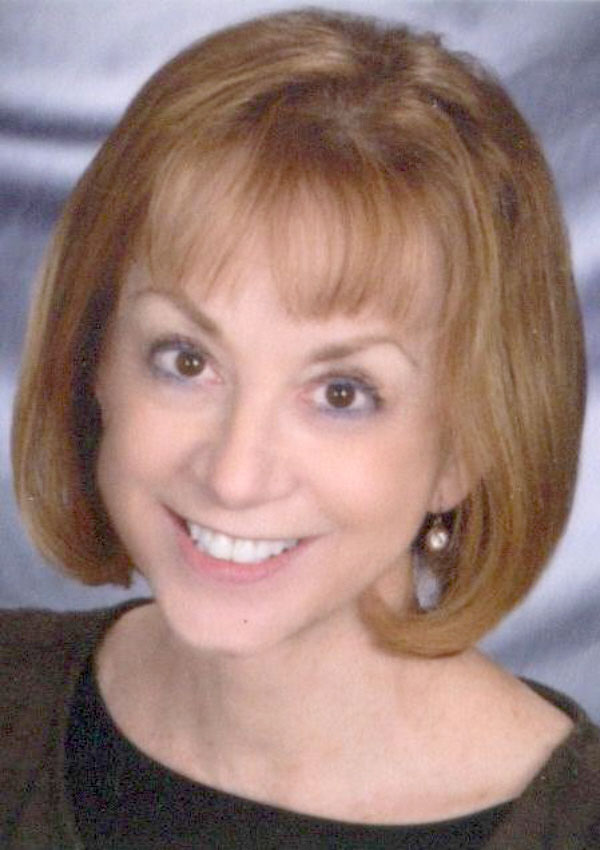By SHARON McMAHON
Be Well
 “I have seen sights that cannot be told, and heard stories that cannot be repeated.” – Letters of Robert Louis Stevenson, June 1889
“I have seen sights that cannot be told, and heard stories that cannot be repeated.” – Letters of Robert Louis Stevenson, June 1889
Today I am going to merge my knowledge/interest/love of history with my knowledge/interest/love of health and fitness to expound on a book I have recently read which I find both haunting and relevant during these turbulent times in our public health crisis. The title of the book is The Colony by John Tayman. It is non-fiction (which is primarily my only reading interest) and recounts the harrowing story of the Hawaiian indigenous peoples’ experience of isolation, fear, and torment due to the scourge of leprosy.
How could something so seemingly removed from our pandemic experience be relevant to what we have experienced with the coronavirus? In a word, ignorance. I won’t go into a great deal of detail regarding the treatment of the Hawaiian people who had the misfortune to be diagnosed with that dreaded disease of leprosy (in case you wish to read the book yourself) but will say that the loss of thousands of lives was needless and cruel. As noted above, author Robert Louis Stevenson spent 12 days noting the sad and traumatic experience of the afflicted Hawaiians.
Although the “body count” of those who died of that disease (also known as Hansen’s disease) did not approach the 600,000 of those who have succumbed to Covid-19 in this country to date, the number was a significant percentage of the small populations of the Islands. There were questions, recriminations, misinformation, and denial – sound familiar? The history of what took place in Hawaii covers a time frame from 1860 to (astonishingly) 1967. Hopefully that amount of time will not be recorded history for us as we continue to battle this pandemic!
Although, of course, the terrible disease of leprosy is far different from the Covid-19 pandemic, there are also similarities. One of those is that the U.S. government was hesitant and resistant to acknowledge the need for immediate action. Had the USA and Hawaiian leaders made the proper decisions regarding the need to identify, explain, and care for their populations, both the Hawaiian suffering and death toll and the current pandemic suffering and death toll could have had better outcomes.
My point of this topic and comparison is that we need to learn from history; from the experiences of those who suffered from lack of knowledge, science, and compassion. Unlike the Hawaiians who were struck with leprosy and were forced to live out their lives in isolation, deprivation and with little medical care, we have medical research and science along with dedicated medical personnel to care for us. We need to allow them to lead; we need to listen to doctors and scientists with years of experience and knowledge and not rely on misinformation and fear of that science. In my opinion, we also need to continue to recognize and appreciate their dedication and support in finding cures, vaccines, and treatments for those suffering.
Viruses and illnesses have been a part of our world for millennia; so how do we cope? The best way is to take care of ourselves and listen to those who have vast experience and knowledge in public health and science.
Additionally, with the consent of your medical provider, it is important to build up your own health. You can do this by exercise, not smoking, little or no alcohol consumption, no junk food and excessive sweets – and if your physician agrees, build up your immune system through your diet and supplements which strengthen the immune system. By combining the preventive steps outlined above and building up a strong immune system and listening to the experts who are there to help us and guide us through pandemics and epidemics, we can and will fare better than the Hawaiians chronicled in The Colony. Stay well.
Sharon McMahon, CNWC
The opinions expressed in this article are not intended to replace advice of your personal physician or licensed health professional. Please consult your physician for any issues you may have related to nutrition or fitness activity.
